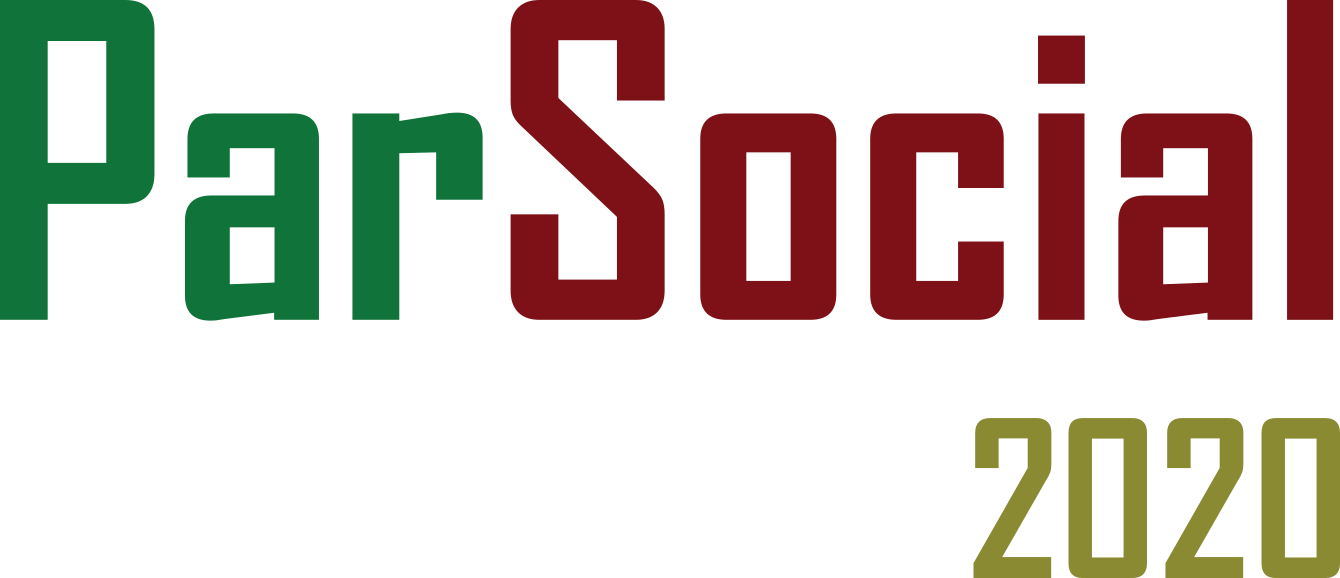Call for Papers
|
Computational methods to represent, model and analyze problems using social information have come a long way in the last decade. Computational methods, such as social network analysis, have provided exciting insights into how social information can be utilized to better understand social processes, and model the evolution of social systems over time. We have also seen a rapid proliferation of sensor technologies, such as smartphones and medical sensors, for collecting a wide variety of social data, much of it in real time. Meanwhile, the emergence of parallel architectures, in the form of multi-core/many-core processors, and distributed platforms have provided new approaches for large-scale modeling and simulation, and new tools for analysis. These two trends have dramatically broadened the scope of computational social systems research, and are enabling researchers to tackle new challenges. These challenges include modeling of real world scenarios with dynamic and real-time data, and formulating rigorous computational frameworks to embed social and behavioral theories while taking into account ramifications in relation to policy, ethics, privacy and other areas. This workshop provides a platform to bring together interdisciplinary researchers from areas, such as computer science, social sciences, applied mathematics and engineering, to showcase innovative research in computational social systems that leverage the emerging trends in parallel and distributed processing, computational modeling, and high performance computing.
Areas of research
interests and domains of applications include,
but are not limited to:
Large-Scale Modeling and Simulation for Social Systems
|
Social Computing Algorithms for Parallel and Distributed Platforms
|
ApplicationDomains of applications include but are not limited to:
|

